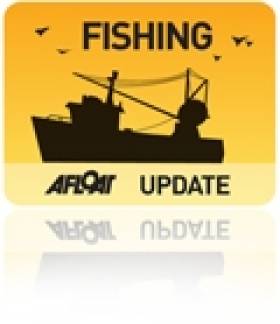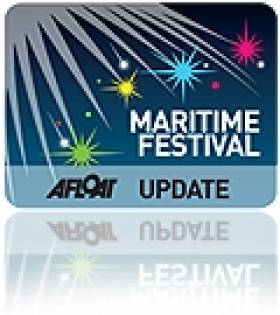Displaying items by tag: Letterfrack
Connemara Oyster Grounds To Lose Disease-Free Status
#Fishing - The Marine Institute is encouraging the agreement of a new code of practice for oyster fishing at Ballinakill Bay in Co Galway, which is set to lose its disease-free status.
Galway Bay FM reports that a single oyster out of 900 tested at the bay, near Letterfrack on the north-west coast of Connemara, tested positive for the Ostreid herpes virus two years ago as part of an EU-supported programme.
Though accounting for just 0.11% of the entire sample, the positive test is enough to strip the area of its clean status.
Senator Trevor O'Clochartaigh raised the issue in the Seanad last week, which prompted the Department of the Marine to confirm that the Marine Institute recommends a code of practice that would see the area's status eventually reinstated.
Dr John de Courcy Ireland Remembered at Connemara Maritime Festival
Ireland's leading maritime histortian will be remembered during Conamara Sea Week, which starts next Friday.
The 10-day programme celebrating the west of Ireland's rich maritime heritage kicks off just two days after the centenary of the late Dr John de Courcy Ireland, who tirelessly documented Ireland's relationship with the sea in parallel with a distinguished career as a political activist.
According to The Irish Times, he will be remembered during a conference on 'The Sea as Inspiration' on Saturday 29 October in Letterfrack, Co Galway.
Education and arts are major themes of the maritime festival, which will also feature an exhibition of works from emerging artists.
For more details visit the website of the Conamara Environmental Educational and Cultural Centre at ceecc.org.





























































